TRUMP says he will MEET PUTIN ‘very quickly’ after inauguration
In a bold statement that has drawn attention worldwide, former President Donald Trump has announced that he intends to meet with Russian President Vladimir Putin “very quickly” after his anticipated inauguration. This declaration has reignited speculation about the future of U.S.-Russia relations under his leadership and the potential for a shift in the geopolitical landscape. The timing of this announcement is particularly significant as the world watches closely to see how Trump plans to navigate the complex and often contentious relationship between the United States and Russia. As tensions rise in various regions, including Eastern Europe and the Middle East, the potential for a high-level meeting between these two influential leaders could have far-reaching implications for global diplomacy.
A New Chapter in U.S.-Russia Relations?
Trump’s statement regarding his planned meeting with Putin has raised eyebrows, especially given the rocky history of U.S.-Russia relations during his first term in office. While in office, Trump was often criticized for his perceived leniency toward Putin and Russia, particularly regarding issues such as election interference and the annexation of Crimea. Critics argued that Trump’s approach to Russia undermined American interests and emboldened Putin on the world stage.
However, Trump has repeatedly emphasized his desire for better relations with Russia, arguing that cooperation with Moscow could be beneficial for the United States, particularly in the realms of trade, security, and counterterrorism. His decision to meet with Putin soon after his inauguration signals that he may pursue a more conciliatory foreign policy toward Russia, potentially seeking to reset the tone of U.S.-Russia relations and reduce the hostilities that have defined much of the past decade.
For many, Trump’s willingness to engage directly with Putin reflects his long-standing preference for personal diplomacy and his belief in the potential for direct negotiations to resolve complex issues. In the past, Trump has emphasized that personal relationships with foreign leaders are crucial to international diplomacy, and his eagerness to meet with Putin suggests that he views this summit as an opportunity to explore new avenues for collaboration and dialogue.
The Timing and Implications of the Meeting
Trump’s announcement comes at a time when global geopolitics are undergoing significant shifts. The war in Ukraine remains unresolved, with Russian forces continuing to exert influence over contested territories. Additionally, Russia’s growing presence in the Middle East, particularly its support for Syrian President Bashar al-Assad and its involvement in the ongoing conflict in Ukraine, has raised concerns among Western allies.
The proposed meeting between Trump and Putin could serve as a way to address some of these ongoing conflicts and explore areas of mutual interest. For example, both countries share concerns about terrorism and extremism in regions like the Middle East and Central Asia. A direct conversation between the two leaders could lead to greater cooperation in these areas, particularly in terms of intelligence-sharing and joint counterterrorism efforts.
Furthermore, there are economic considerations at play. Trump has previously expressed interest in improving trade relations with Russia, and a summit with Putin could open the door to increased economic collaboration, particularly in sectors like energy, technology, and defense. Such a meeting could also have a positive impact on the global economy by reducing tensions and promoting stability in key markets.
However, the prospect of Trump’s meeting with Putin has also generated concern among critics who worry that such an encounter could undermine U.S. interests and embolden Russia’s aggressive actions on the world stage. With the ongoing conflict in Ukraine and other international crises, some argue that any rapprochement with Russia could send the wrong message to American allies and embolden Putin in his pursuit of greater influence in Eastern Europe and beyond.
Domestic and International Reactions
Trump’s statement about meeting with Putin has sparked a variety of reactions both domestically and internationally. Within the United States, reactions are deeply divided along political lines. Supporters of Trump view his plans to meet with Putin as a bold step toward improving relations with a key global power. They argue that engaging in dialogue with Russia could help reduce tensions and create opportunities for collaboration on critical issues like arms control, cybersecurity, and regional stability.
On the other hand, many critics, including members of the Democratic Party and some foreign policy experts, have expressed concerns about the potential consequences of such a meeting. Some worry that Trump’s willingness to engage with Putin could embolden the Russian leader and further complicate the U.S. position on issues like election security and human rights. Given the controversies surrounding Russian interference in the 2016 U.S. presidential election, some argue that meeting with Putin so soon after inauguration could send a troubling signal to American voters and the international community.
Internationally, the announcement has drawn reactions from leaders and analysts who are keen to understand how this meeting might shape global politics. Countries like Ukraine, members of the European Union, and NATO allies are particularly attentive to the potential outcomes of a Trump-Putin meeting. Many are concerned that any attempt to reset relations between the U.S. and Russia could undermine Western efforts to hold Russia accountable for its actions in Ukraine and other parts of the world. At the same time, there are those who view the potential for dialogue between the two leaders as an opportunity to de-escalate tensions and reduce the risk of military confrontation.
Security Concerns and Strategic Interests
Beyond the economic and diplomatic dimensions, security remains a key area of focus in U.S.-Russia relations. Both countries are nuclear powers, and any discussion of arms control, disarmament, and military engagement will be central to any meeting between Trump and Putin. The two leaders may discuss arms treaties such as the New START agreement, which limits the number of deployed nuclear warheads for both countries. With the expiration of the treaty in the coming years, it will be essential for both sides to engage in negotiations to avoid a potential arms race and ensure strategic stability.
Additionally, cybersecurity and election security are likely to be on the agenda during any talks between Trump and Putin. Russia’s involvement in cyberattacks and attempts to influence elections in the U.S. and other countries has been a major point of contention between the two nations. A face-to-face meeting provides an opportunity for the two leaders to address these sensitive issues and seek ways to reduce cyber threats and establish norms for responsible behavior in the digital age.
Looking Ahead: The Future of U.S.-Russia Relations
Trump’s decision to meet with Putin after his inauguration sets the stage for a potentially transformative period in U.S.-Russia relations. While the road to meaningful diplomatic engagement will be fraught with challenges, the upcoming summit offers an opportunity for both sides to address key issues and explore areas of mutual interest. The meeting could also signal a shift in the broader geopolitical landscape, with the U.S. playing a more active role in reshaping relations with Russia and other global powers.
The true impact of Trump’s planned meeting with Putin will depend on the nature of the discussions and the willingness of both leaders to engage in constructive dialogue. For now, the world will be watching closely as the two most powerful leaders of their respective nations prepare to sit down and chart the course for future cooperation—or confrontation. Regardless of the outcome, the meeting will undoubtedly be a defining moment in the evolving dynamics of U.S.-Russia relations.
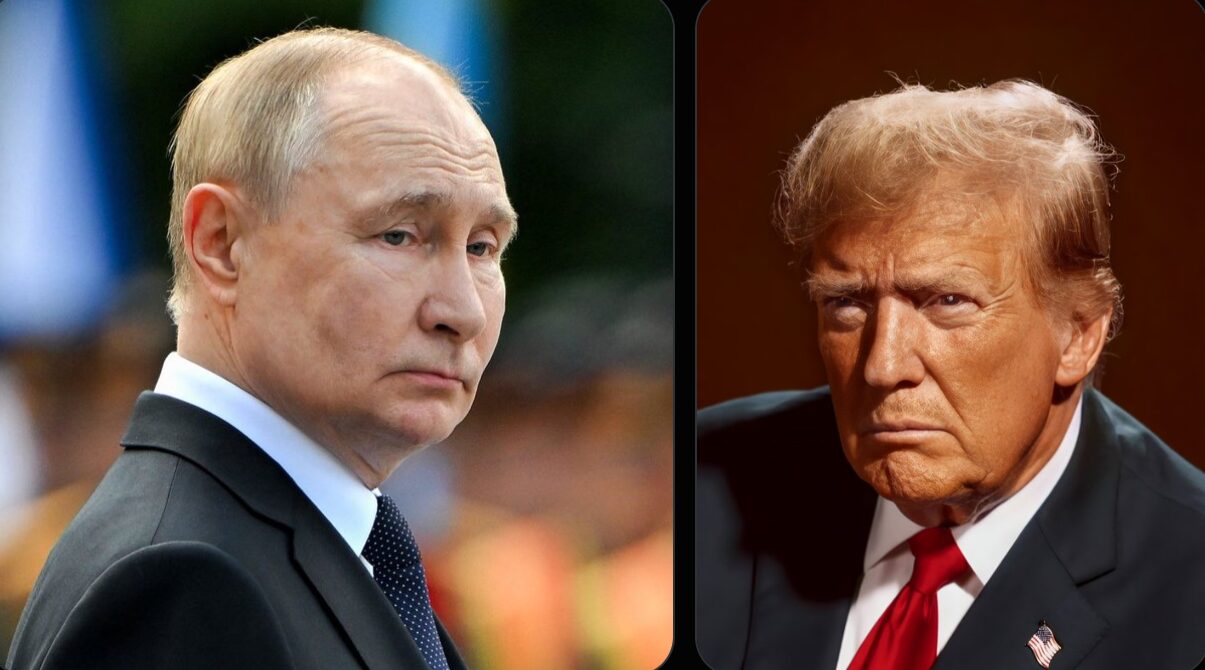
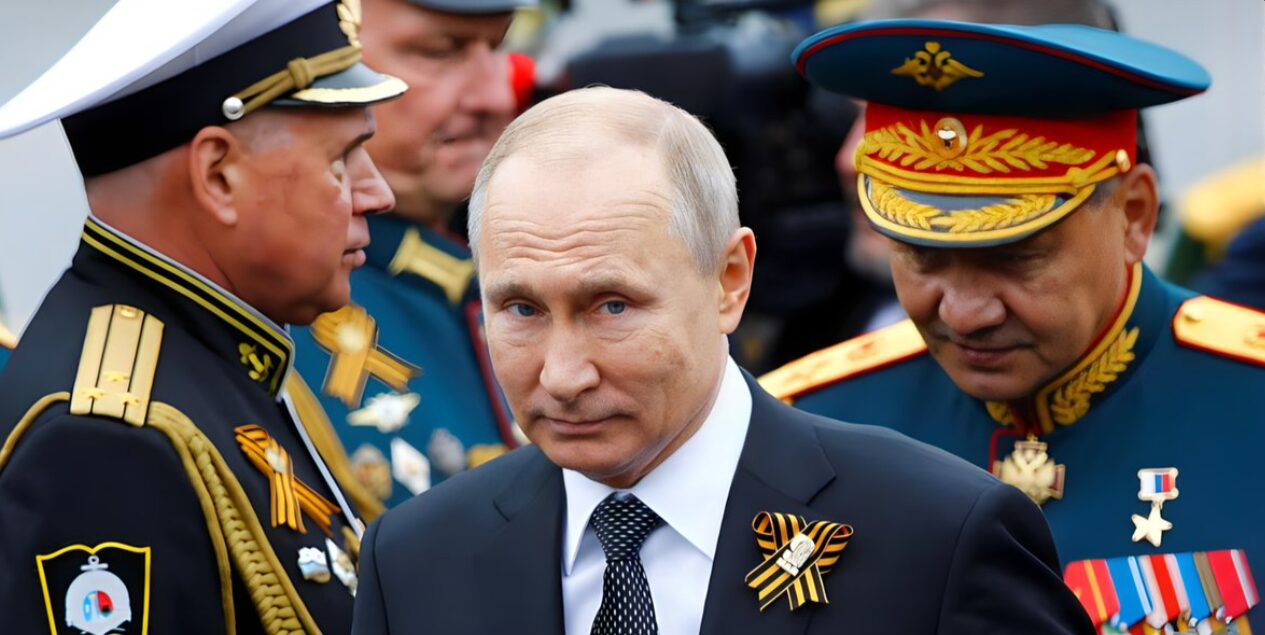
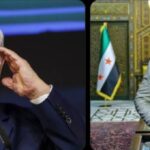
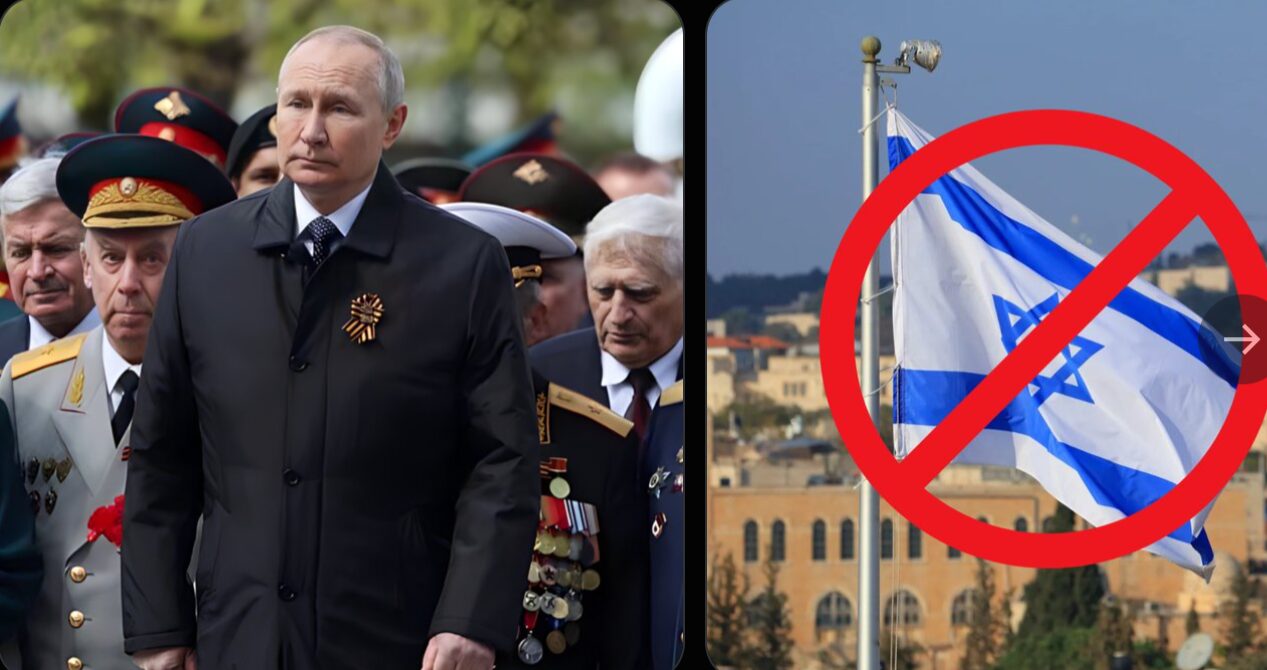
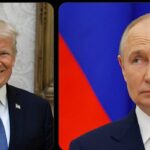
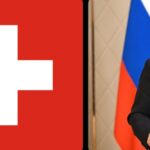
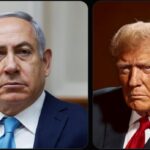

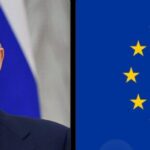








Post Comment